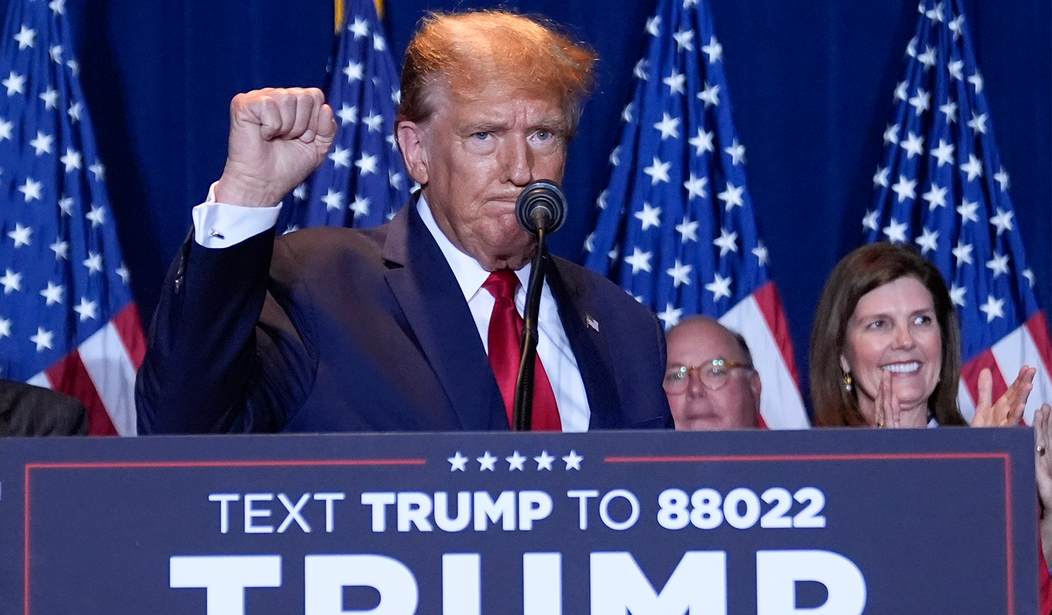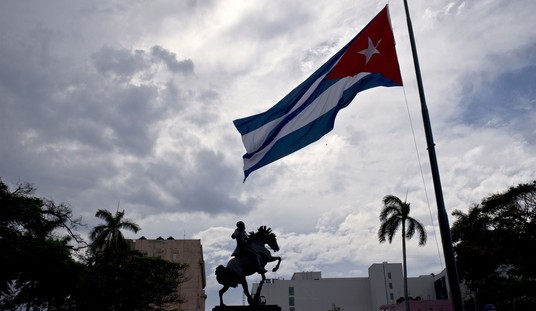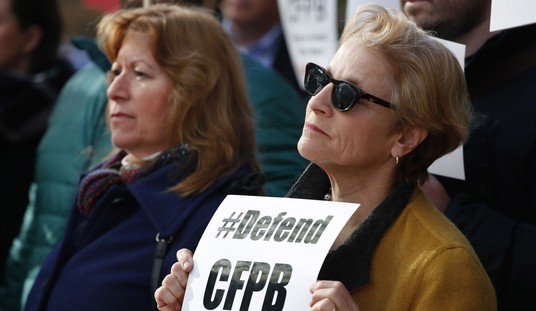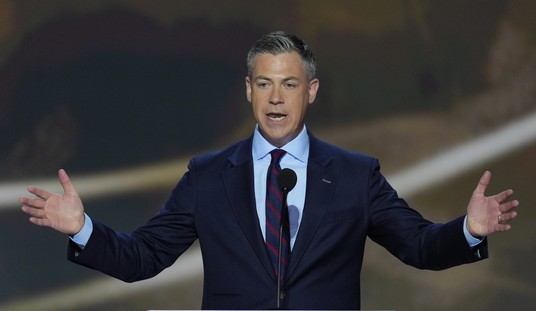The Supreme Court has issued a speedy ruling in a case over former president Donald Trump's ballot eligibility, handing the Republican candidate a unanimous victory.
The ruling came less than a month after hearing oral arguments, and at the time the Court seemed very skeptical of the decision.
READ MORE:
Trump 14th Amendment Case at Supreme Court: Justices Signal Skepticism Over Colorado Ruling
Listen to Justice Jackson's Questioning About Whether the Officer Provision Even Applies to Trump
It Sure Looks Like SCOTUS Will Side With Trump in Colorado's 14th Amendment Case
While the state of Colorado had barred Trump from being on the ballot over Section 3 of the 14th Amendment, the Court ruled that "[b]ecause the Constitution makes Congress, rather than the States, responsible for enforcing Section 3 against federal officeholders and candidates, we reverse." However, the Court did not address whether or not Trump actually took part in an insurrection, which was central to the reasoning behind Colorado's decision.
Interestingly, the three liberal justices - Sonia Sotomayor, Elena Kagan, and Ketanji Brown-Jackson - issued a concurring opinion, stating that they agree Colorado cannot keep Trump off the ballot.
In their view, however, they believe five justices go further and "decide novel constitutional questions to insulate this Court and [Trump] from further controversy," when they ruled "that a disqualification for insurrection can occur only when Congress enacts a particular kind of legislation pursuant to Section 5 of the Fourteenth Amendment. In doing so, the majority shuts the door on other potential means of enforcement."
BREAKING: States may not unilaterally disqualify Donald Trump from the ballot, the Supreme Court rules unanimously..
— InteractivePolls (@IAPolls2022) March 4, 2024
Only Congress can decide. pic.twitter.com/frmq3pXN0t
Justice Amy Coney Barrett also issued a concurring opinion, hinting at the Supreme Court's role in deciding matters and not becoming or being used as a political tool.
"In my judgment, this is not the time to amplify disagreement with stridency," she wrote. "The Court has settled a politically charged issue in the volatile season of a Presidential election. Particularly in this circumstance, writings on the Court should turn the national temperature down, not up. For present purposes, our differences are far less important than our unanimity: All nine Justices agree on the outcome of this case. That is the message Americans should take home."
In its ruling, the Court acknowledged that Section 3 could be used to disqualify candidates for state office, but not federal.
"This case raises the question whether the States, in addition to Congress, may also enforce Section 3," the Court's opinion states. "We conclude that States may disqualify persons holding or attempting to hold state office. But States have no power under the Constitution to enforce Section 3 with respect to federal offices, especially the Presidency."
There are still legal challenges to Trump's ballot eligibility, though the ruling by the nation's highest court seems as though it will impact what other states have attempted.













Join the conversation as a VIP Member